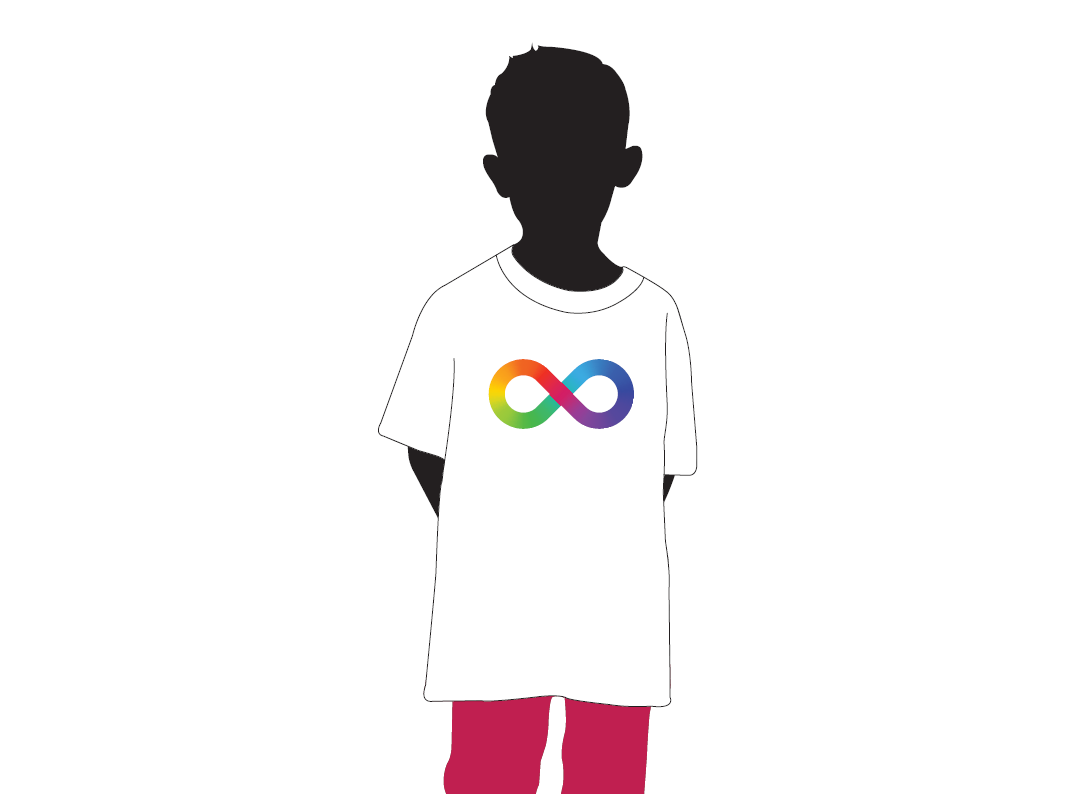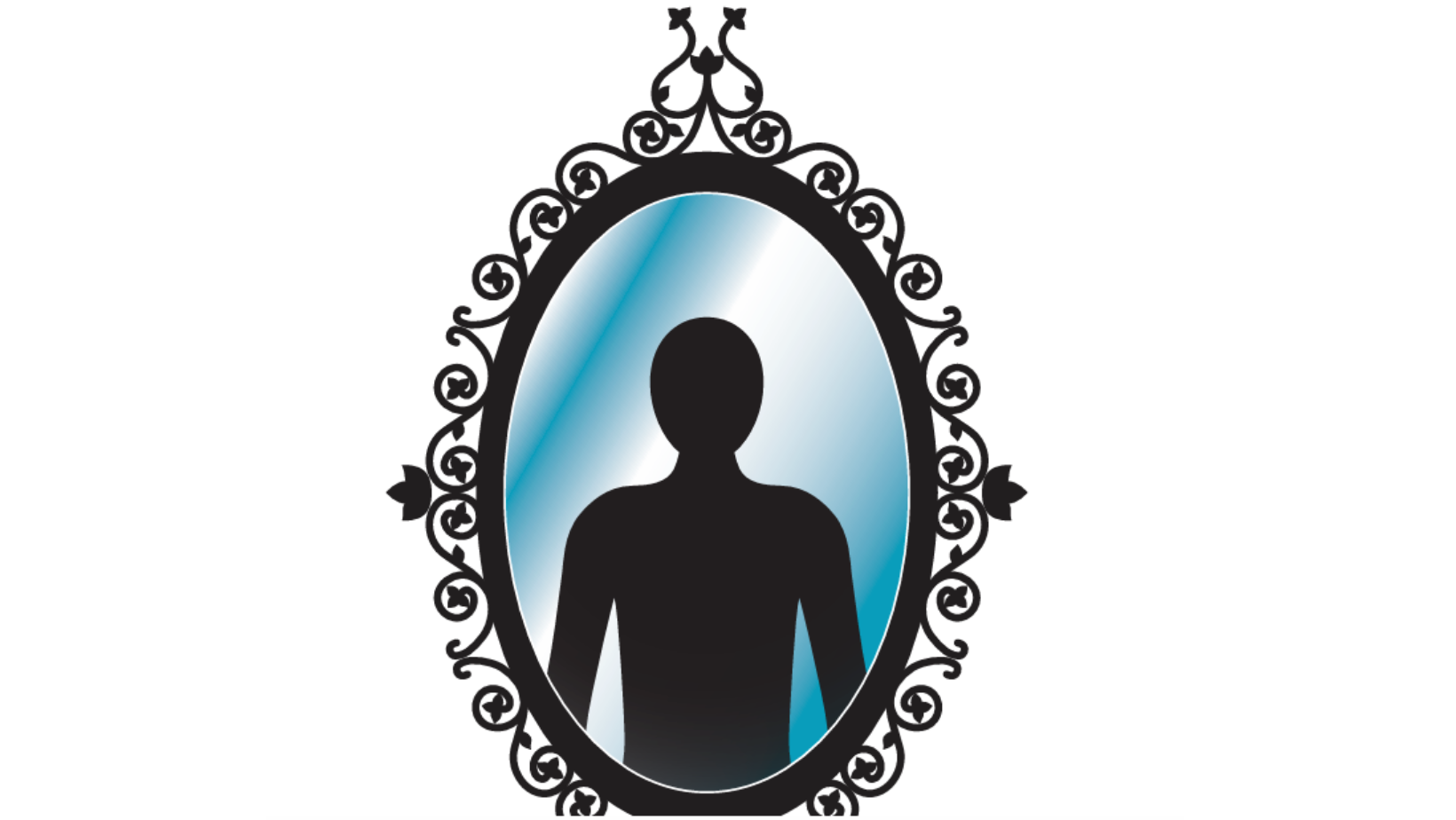One of the things I most look forward to during each year-end is the Individualised Education Programme (IEP) meetings with my son’s teachers. It gives me a better idea of what has worked regarding teaching strategies and interventions, and whether he has achieved some of the goals we had planned for the year.
My eldest son, Aydan Ziqry, is 11 years old and in Primary 4 at Pathlight School this year. Pathlight School is the first autism-focused school in Singapore that offers the national curriculum and equips students with life-readiness skills.
Unlike his peers taking their Primary School Leaving Examination (PSLE) next year, Aydan will still be doing his Primary 4 curriculum in 2023.
This is because at 7 years old, Aydan was enrolled in the Foundation programme at Pathlight School, which provided him with additional support – he was in Primary 1 for over two years. Currently, he is also on the same timeline for Primary 4.
The additional year in both instances, serve to scaffold key concepts and abstract ideas into manageable chunks, and Aydan’s learning will be reinforced through regular iterations.
When my husband and I were first asked if we were open to placing Aydan on this pathway, we immediately agreed.
We recognise his cognitive limitations and realise the effect of the rigorous curriculum on Aydan. A big part of Aydan’s autism is his impairment with language, which affects how long it takes to process new information before he can respond. We agreed that a longer Primary 4 runway would allow him to keep up with school at a more comfortable pace.
LOOKING FOR A GOOD FIT
The Compulsory Education Act to make primary school education compulsory for all children in Singapore was passed by the Singapore Parliament in 2000 and came into effect in January 2003.
Under the Compulsory Education Act, a child of compulsory school age above 6 but under 15 years old must attend a national primary school unless granted an exemption.
National primary schools include government-funded special education (SPED) schools. There are currently 20 SPED schools in Singapore catering to students with different disabilities.
Our search for a primary school started as early as 2015 after Aydan was diagnosed with autism. My husband and I were determined to get Aydan into a SPED school. We wanted an environment where his learning could be purposeful and he would be supported with all the necessary resources he might eventually need.
Our determination was mainly shaped by our difficulties during Aydan’s preschool years. Right before he was diagnosed, Aydan displayed significant deficits in his ability to socialise and communicate. He preferred to play alone, was easily affected by sudden loud noises, and would not participate in classroom activities. He was 3 years old then.
A NECESSARY EVIL
Between the ages of 3 and 6, Aydan was in three different preschools because we were advised during the initial diagnosis to place Aydan in a kindergarten with a mainstream curriculum. Aydan displayed the ability to assimilate and thus would benefit from interactions with neurotypical children.
This was a very challenging period for us as we tried to find the right fit. We were looking for an environment where teachers and administrators could see Aydan beyond his diagnosis. We finally found a kindergarten where the principal, teachers, parents, and peers saw Aydan as someone with potential, not just a boy with autism.
This lack of a consistent environment and routine over those formative years was a necessary evil. It shaped our parenting behaviour and beliefs – there needs to be more to school than academic achievements.
While we were clear about our expectations for Aydan, we received comments that we might be limiting Aydan’s potential.
“Why not consider a mainstream school? Maybe with a little push, he can do well. Many schools now have specialised staff, provisions, and intervention programmes for children with special needs.”
We understood these comments were well-intentioned.
Instead of dismissing the idea altogether, we decided to explain our rationale – that beyond academic support, we also wanted a positive, kind and nurturing environment.
To these individuals, we usually would share our incident with a property agent whom we met during a house hunt. She revealed that her son was also on the spectrum. She, too, felt that we were limiting Aydan’s potential and urged us to reconsider our decision.
Her son, she said, was diagnosed with autism at 5 years old, but her husband was against enrolling him in a SPED school.
“Do you know he did so well in streaming exams, he will be in the best class next year?” she exclaimed proudly.
When I asked how she strengthened his social skills, she admitted he had issues making friends. She then confided that her son was often bullied and occasionally expressed suicidal thoughts.
At the end of that brief encounter, we exchanged numbers because she was interested to find out more about a therapist Aydan was seeing.
According to a survey conducted by the Singapore Children’s Society in 2007, one in every five primary school students surveyed had been a victim of bullying. Name-calling was seen to be the most prevalent form.
Generally, all students face many unique challenges as they venture into their academic pursuits. However, depending on which part of the spectrum they are on, kids with autism struggle more, both academically and socially.
The first step towards supporting students with autism is to recognise these struggles and provide a safe space for them to make meaningful connections and learn purposefully.
TAKING SMALL STEPS IN THE RIGHT DIRECTION
As parents, we are responsible for ensuring our children have the best possible path to learning and development. My husband and I never felt burdened by the stigma of placing our child in a SPED school. We also never shy away from sharing the many difficulties we face as a family, managing Aydan and his quirks. As a family advocating for autism acceptance, we do not tiptoe around the issue of Aydan and his autism because it rarely leads to good outcomes.
I often tell my other children, Aadil Haris and Amelie Sofia Hannah, “Abang (Big brother) needs our love and support.”
Typically, it is through siblings that children learn to openly express their emotions and teach each other social skills. They also play a part in shaping one another’s identity. However, having an older sibling on the spectrum means some aspects of this relationship have changed significantly.
We recognise the stresses they face and acknowledge they do not have the cognitive and emotional maturity yet to deal with Aydan’s stimming and meltdowns. Just like how we support Aydan with the necessary skills to live independently, we expend the same effort in ensuring Aadil and Amelie too never feel isolated.
Aadil’s understanding of Aydan’s condition has given him an ‘old soul’. In addition, we often receive comments that Aadil is very perceptive and reflective, traits many 8-year-olds may not usually display. Amelie, who is only 2, understands in her own way that Aydan is special. She is more affectionate and patient with Aydan and not at all with Aadil!
DO NOT FEAR FAILURE
Since Primary 1, Aydan’s academic results have never been stellar. He fails in all subjects but receives SPED Awards every year.
The SPED Awards are funded annually by the Ministry of Education to recognise SPED students for their achievements and progress. In addition, these awards serve to recognise students for their accomplishments in both academic and non-academic areas.
This year, Aydan received awards for Most Contributive Student, Most Compassionate Student, and Best in Information Technology (IT).
We are proud of Aydan because these awards were given not just for his hard work but also for his ‘heart’ work in school!
THE ROAD IS LONG
This year marks Aydan’s fifth year of primary school, and the journey has been an emotional pendulum. I’m often in awe of his endless growth and joy whenever he makes significant progress. But, there too have been dark days when it aches in a particular way as I look at other children similar in age to Aydan and allow myself to think all that he cannot and may never be.
In those times, I allow myself to grieve for a moment because this autism journey is a long one.
Sometime this year, a fellow parent whose son, much older than Aydan and in Pathlight School, left me a message on my Facebook account. He was concerned when he read all my social media posts on our difficulties with Aydan and his homework load. He advised us to re-evaluate whether Aydan was suited for the academic route.
He faced similar challenges when his son was about Aydan’s age and shared how he was so stressed that the learning was no longer meaningful. He then requested to put his son in Pathlight’s Track V (vocational), where the desired outcomes focus on living, learning, and working.
After doing much research, my husband and I agreed that the objectives of the pathway closely match our expectations for Aydan. Developing work skills may be the answer for Aydan to lead an independent life as much as possible in the future.
However, this vocational track only accepts students 13 years old and above, the age when generally students would have completed their PSLE. By choosing this track Aydan will not be sitting for PSLE, an anomaly where PSLE is often considered a rite of passage for all primary school students in Singapore.
Perhaps this may even be a conversation starter in the future – why do we not even give Aydan the chance to take PSLE?
Our answer will be that we measure Aydan in other ways; beyond grades and abilities. We want Aydan to lead a meaningful life, one where he can be an active contributor to better the community and he is able to be independent, happy, and healthy.
Aydan’s pathway in school and life will always be unique. He may continue to struggle to find his feet in a world that often may be overwhelming for him. However, the goal that we set for him remains the same.
We hope for Aydan to face the future with dignity and grace. With the unwavering support and love from his family, we want Aydan to fully embrace the fact that he is different but never less. ⬛
Julianawarti Jumali is a Principal Executive with the Social Media Department at National Trades Union Congress (NTUC). She chronicles her family’s autism journey on Instagram (@juliana_j). She is a mother to two boys and a girl, Aydan Ziqry, Aadil Haris and Amelie Sofia Hannah.








